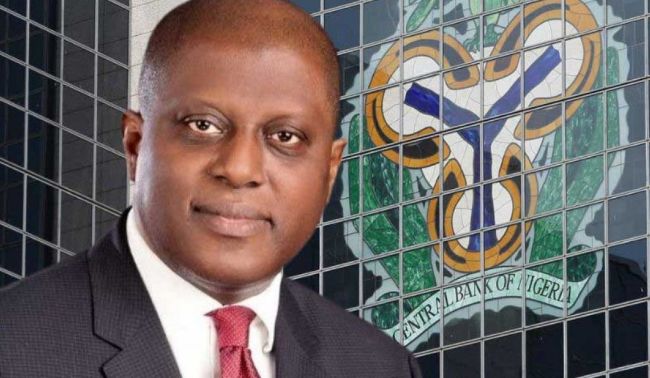CBN Holds Benchmark Interest Rate at 27.5% as Cardoso-Led MPC Pauses Hikes to Assess Tightening Impact

In a widely anticipated move, the Central Bank of Nigeria (CBN) has for the first time in over three months held the Monetary Policy Rate (MPR) steady at 27.5%, signaling a cautious pause in its aggressive monetary tightening stance.
The decision, announced by CBN Governor Olayemi Cardoso at the conclusion of the 300th Monetary Policy Committee (MPC) meeting in Abuja on Tuesday, reflects a strategic shift from the previous policy trajectory that saw the MPR rise sharply from 18.5% in February 2024 to the current level. All 12 committee members voted unanimously to maintain the status quo across all key monetary indicators.
Specifically, the MPC retained:
- Monetary Policy Rate (MPR): 27.5%
- Cash Reserve Ratio (CRR): 50% for Deposit Money Banks; 16% for Merchant Banks
- Liquidity Ratio: 30%
- Asymmetric Corridor: +500/-100 basis points around the MPR
The Bigger Picture: Reading Between the Policy Lines
For watchers of Nigeria’s macroeconomic landscape, the CBN’s hold decision is not simply about policy inertia—it marks a moment of recalibration. After months of hawkish policy aimed at curbing spiraling inflation, stabilizing the naira, and restoring investor confidence, the apex bank is signaling a desire to assess the full transmission effect of its tightening measures.
Headline inflation stood at 33.69% in April, a stubbornly high figure driven by surging food and energy prices, currency volatility, and structural bottlenecks. However, there are tentative signs that core inflationary pressures may be responding to the cumulative rate hikes. Holding the MPR gives policymakers room to evaluate these green shoots without further choking an already strained real economy.
Implications for Banks, Businesses, and Borrowers
The decision to pause rate hikes provides a temporary reprieve for commercial lenders and borrowers alike. For banks, stable policy rates may ease pressure on cost of funds and allow for improved balance sheet planning. For businesses, especially SMEs and manufacturers grappling with high borrowing costs, this could signal a shift toward a more supportive credit environment—if inflation risks remain contained.
However, the CRR at a hefty 50% continues to restrict liquidity in the banking system, a tool the CBN is using to mop up excess naira and anchor expectations. Analysts believe the central bank may use macroprudential tools alongside open market operations to fine-tune liquidity without resorting to further hikes.
Investor and Market Watch: What Comes Next?
Global investors and local markets will be watching closely for signs of inflation moderation and exchange rate stability before pricing in a potential rate cut. The CBN’s ability to navigate inflation risks while preserving growth remains delicate, especially amid weak fiscal buffers, energy subsidy adjustments, and ongoing FX market reforms.
As BRANDECONOMY analysts observe, Governor Cardoso’s MPC appears committed to a data-driven approach, prioritizing credibility and signaling clarity in Nigeria’s monetary policy framework—a critical requirement to sustain foreign portfolio inflows and regain macroeconomic stability.
With this pause, all eyes now turn to inflation prints in the coming months and how external shocks—especially global commodity prices and geopolitical tensions—interact with domestic dynamics.
Conclusion: Cautious Optimism or Strategic Patience?
While this may be seen as a tactical pause, the underlying message is clear: the Central Bank is not done yet. It is merely watching, waiting, and preparing to act decisively should inflation reaccelerate. For the Nigerian economy, this moment of stability could provide the breathing space needed to chart a more inclusive and productive growth trajectory—if accompanied by complementary fiscal and structural reforms.
Stay tuned to BRANDECONOMY for more expert insights into how this policy decision affects your money, your business, and Nigeria’s financial future.











